Stanford study finds current carbon capture technology inefficient & increases air pollution
Green Car Congress
OCTOBER 27, 2019
Jacobson, professor of civil and environmental engineering at Stanford University, suggests that carbon capture technologies are inefficient and increase air pollution. However, this research finds that it reduces only a small fraction of carbon emissions, and it usually increases air pollution. A study by Mark Z.





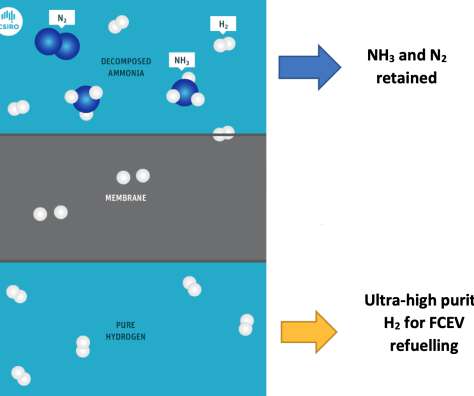








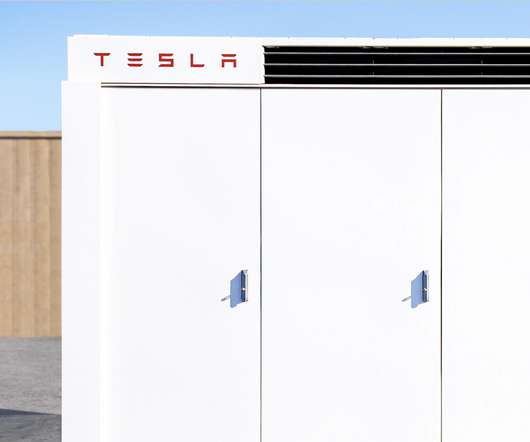


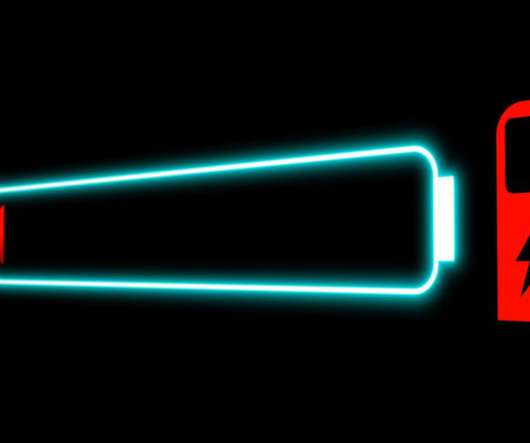

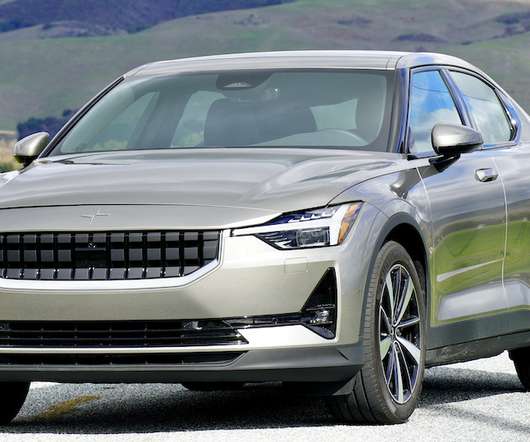
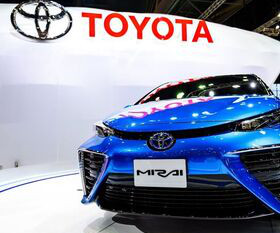


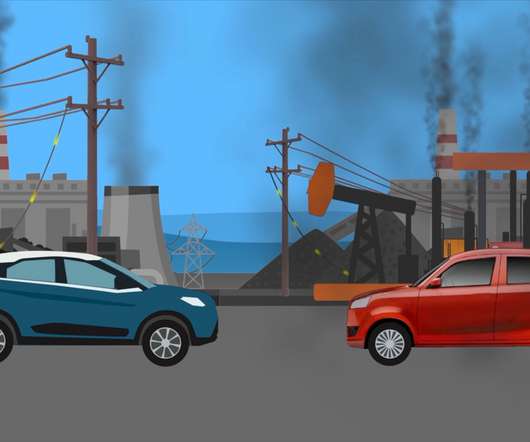






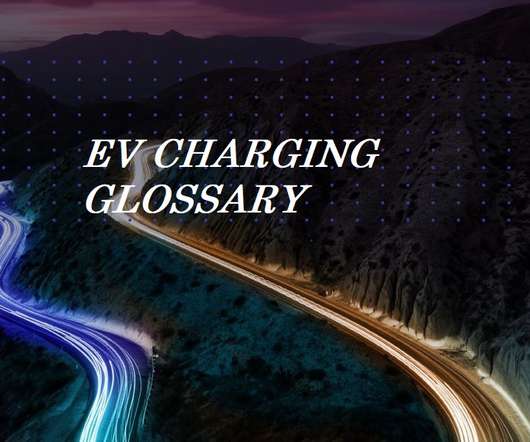
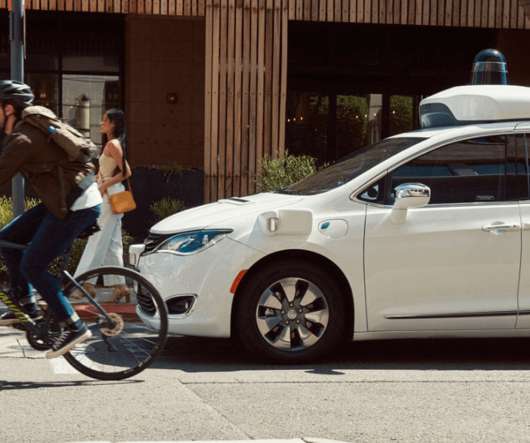




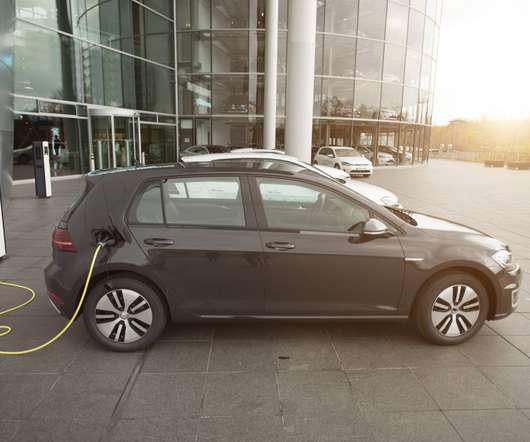








Let's personalize your content